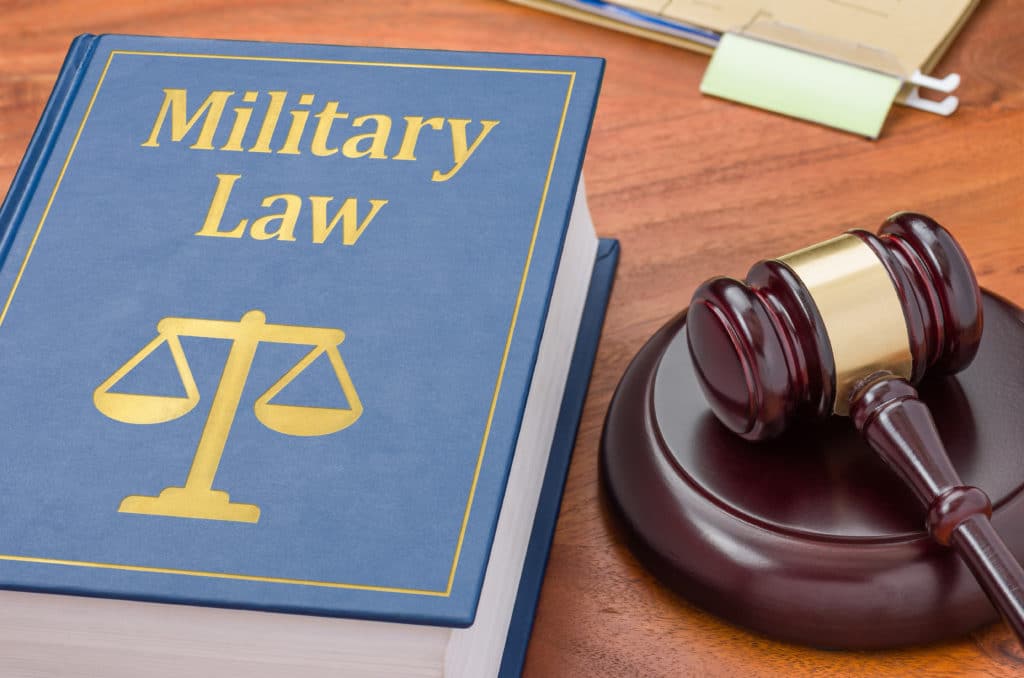This blog has discussed the evidentiary rules regarding hearsay several times. Essentially, hearsay statements are those made outside of the trial process and then introduced by a witness or document during the trial. As a general rule, these statements are excluded from evidence because every accused person has the constitutional right to confront his or her accusers. When a statement is made outside of court and then repeated or provided to a jury through another means, the accused is not able to confront the original speaker in front of the jury so that the jury can properly assess the truthfulness of that statement.
Several exceptions exist to this general rule, usually for statements that have historically been considered trustworthy, such as regularly recorded business documents or statements made to medical professionals for the purpose of diagnosis or treatment. However, statements made to law enforcement or for purposes of a criminal investigation or trial usually will not be allowed, even when they might fit under an established exception unless the person who made the statement testifies and can be questioned about the statement. An overriding exception to the rules governing hearsay is that where an individual who is being investigated or tried for a crime does something to ensure that the person who made the statement cannot testify, such as bribe or threaten, or kill them, the statement will be allowed in. The individual is considered to have forfeited his or her right to exclude these statements due to their own wrongdoing.
The Court of Appeals for the Armed Forces recently heard the case of United States v. Becker. LT Becker is charged with assaulting, abusing, and eventually killing his wife in Belgium in 2015. Two years prior to her death, Mrs. Becker had reported to police and several others that her husband had strangled her. She eventually recanted and the investigation was closed. At the time of her death, Mrs. Becker was moving out of the home with LT Becker, although the two were intending to remain friendly, raise their child cooperatively, and continue with a jointly run business. Upon learning that Mrs. Becker was dating someone else, LT Becker allegedly drugged her and pushed her out a window, leading to her death.
The Government sought to introduce past statements Mrs. Becker had made to law enforcement regarding the strangling and to several other individuals about her reasons for recanting that initial allegation and about her relationship with LT Becker after that alleged assault. The Government argued that LT Becker killed his wife, at least in part, in order to keep her from reviving her assault allegations now that the relationship was ending and that he therefore had forfeited his right to confront her concerning those statements. The military judge at trial denied the Government’s motion, finding that there was no evidence that LT Becker killed his wife to prevent her from testifying about the assault allegations. He pointed to the evidence that the two intended to remain friendly and continue with a jointly run business to demonstrate that Mrs. Becker did not intend to bring the previous assault up again.
The Government appealed this decision to the Navy-Marine Corps Court of Criminal Appeals (NMCCA). The Court reversed the military judge’s ruling, pointing to facts that the Court believed showed that LT Becker may have believed Mrs. Becker would initiate another investigation into the 2013 assault. The defense then appealed this ruling to the Court of Appeals for the Armed Forces (CAAF). CAAF determined that the NMCCA improperly substituted its own factfinding for the military judge’s. CAAF further ruled that the military judge’s findings of fact were not erroneous and that he did not abuse his discretion in finding that LT Becker did not kill Mrs. Becker in order to prevent her from testifying against him in court.
The case now will go back for the actual trial to be held. The Government will have to meet its burden of proof without the use of the excluded hearsay statements. If you or your loved one was convicted of an offense at court-martial, you need someone with experience who knows the law. I have argued numerous issues in front of appellate courts and CAAF. I have the experience you need. Please contact Bill Cassara at (706) 445-2943 for a free consultation.

